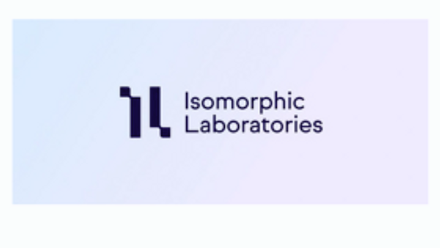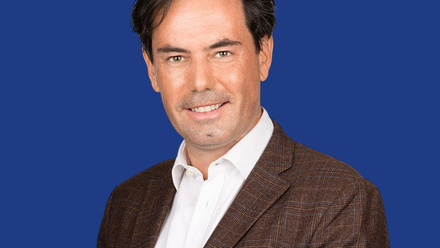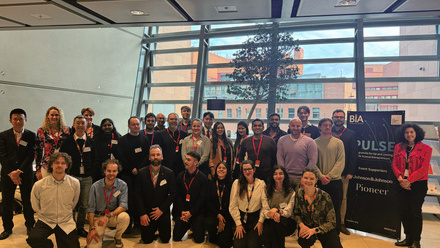CEO Update | 6 December 2021
I’m looking forward to participating in our joint MHRA and BIA regulatory conference virtually this Wednesday, it’s a fantastic agenda hearing more about how we can transform regulation, drive innovation, and ultimately enable safe patient access. If you are interested in attending, more details and tickets can be found on the event website.
Biotech’s day on the Government grid
Last Thursday there was a flurry of announcements from the Government in what I suspect was a biotech/life sciences day on the Government’s communications grid, timed to coincide with a life science reception at 10 Downing Street (that was cancelled at late notice).
The headline for our sector was the fantastic news coming from the BIA member Fujifilm Diosynth Biotechnologies who provided further details of their stellar investment in Billingham, with £400 million confirmed to create the largest bioprocessing and manufacturing site in the UK. This is one of the largest investments in UK biomanufacturing we have seen in recent decades, creating state of the art manufacturing capability in RNA and cell and gene therapies. For a global player such as Fujifilm Diosynth Biotechnologies to make an investment of this size shows the vibrancy of the UK life sciences ecosystem and this investment will be pivotal in establishing the Northeast of England as one of the key clusters in the UK life sciences sector going forward.
The major news for the public was the Government’s announcement that they have signed new deals with Pfizer and Moderna for their respected vaccines, the Vaccine Taskforce have procured an additional doses 114 million for 2022 and 2023.
Further information was published on Sir Patrick Vallance’s call from the G7 meeting in the summer of 2021 to develop, manufacture and approve vaccines in 100 days. Sir Patrick has provided an update on the groups work which can be found on the G7 website.
Final announcement from the Government was that the Office for Life Sciences released their Bioscience and Health Technology Sector Statistics 2020. The key statistic from the release is that the UK life sciences industry employed 268,000 people across 6,330 businesses and generated a turnover of £88.9 billion in 2020. This shows the joint health and wealth prosperity our sector provides for British taxpayers and patients.
Financing news
Investment in UK life science continues at pace this winter. BIA member BenevolentAI have merged with Odyssey, a €300 million Euronext Amsterdam-listed special-purpose acquisition company focused on European healthcare. This is the largest European SPAC merger announced to date and one of the largest Euronext Amsterdam biotech listings ever. I was glad to read that post-combination, BenevolentAI will continue to be a UK headquartered company growing its team and operations in the United Kingdom and the United States.
AviadoBio, a dementia gene therapy company spun out of King’s College London, has raised a Series A £56 million to fund clinical trials. The funding will allow the team to expand in preparation for human trials to begin, planned for later next year. The financing was led by New Enterprise Associates (NEA) and co-led by Monograph Capital, with participation from LSP, as well as seed investors Advent Life Sciences, Dementia Discovery Fund (DDF), F-Prime Capital, JJDC and medical research charity LifeArc. AviadoBio’s goal is a one-shot treatment that stops cells in the brain and spinal cord from shrinking (neurodegeneration), which can cause the conditions frontotemporal dementia (FTD) and motor neuron disease (MND).
Biotech on TV – two great programmes this week
As the cold winter evening draw in, two programmes on the box this week are featuring our sector. Tonight on BBC1 at 10.35pm Dame Sarah Gilbert, inventor of the Oxford vaccine is delivering the Richard Dimbleby lecture talking about creating a Covid-19 vaccine in less than a year.
On Wednesday viewers in England can see the story of Dolly, the sheep that changed the world, on BBC2 at 9pm, which is also on BBC iPlayer. This documentary tells the full story for the first time with never-before-seen archive, revealing how on a small Scottish farm, a handful of the world’s best genetic scientists worked in secret to crack the holy grail of life: cloning. The story, when it broke, caused a moral panic to sweep the world. But how did it happen? Who was behind it? What was the science? And, ultimately, what is Dolly’s legacy today?
Go on – tell friends and family and inspire the next generation into a career in our sector this Christmas.
Steve Bates OBE
CEO, BioIndustry Association





